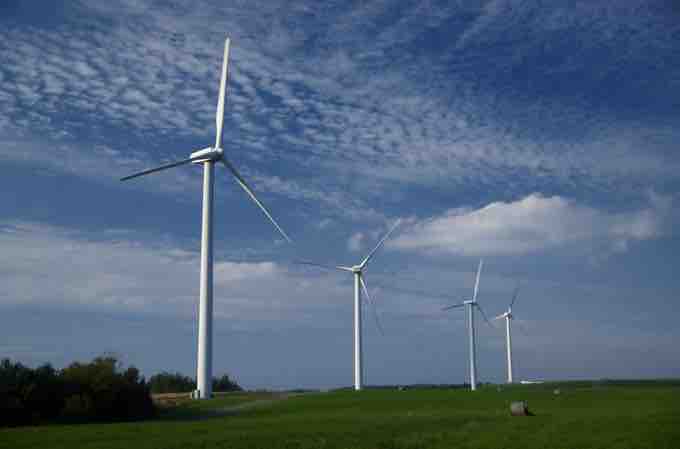New Sources of Energy
Environmental and political stability in the U.S. has been threatened in recent years by a continued dependence on non-renewable fossil fuels, particularly those from outside sources. "Energy independence" has thus become an important buzzword in U.S. politics, leading to greater investment in new and alternative sources of energy.
However, the widespread use of alternative fuel requires more than just scientific research. Investment in new technology is also affected by the influence of various interest groups, including representatives of traditional fuel suppliers who may have a vested interest in slowing the development of alternatives. Shifting to alternative fuels would also require strong legislative and regulations-based support in order to jump-start and sustain production. Finally, it would require a willingness on the part of consumers to make the shift away from the energy sources they have grown accustomed to.
While there are many alternative energy sources to choose from, none of them is perfect, and each has its own supporters and detractors.
Two of the best known and least scientifically controversial new energy sources are solar power and wind power. Both involve harnessing the power of naturally occurring events-- sunlight and wind-- and converting them into electric power through solar panels or wind turbines .

Wind Farm
These wind turbines exemplify one type of a new and alternative energy source.
Critics of these sources often cite aesthetic concerns-- for example, that the panels of turbine farms block site-lines or alter landscape and architecture. Particularly in the case of wind farms, there is often extensive community consultation prior to construction in order to address potential aesthetic and environmental impacts.
Other alternatives include biofuels such as ethanol and clean coal technologies. In the U.S., ethanol is produced mainly from corn. Ethanol fuels burn more cleanly than traditional fuels; however, there is some concern that the production of large amounts of corn exclusively for biofuels could be detrimental to farm lands. The idea of clean coal is still largely experimental, but the Department of Energy is investing large sums in research and technology development in this area. The incentive is that clean coal would release less carbon, and that other energy sources such as hydrogen could also be captured for use in the process.
This is not the first time the idea of greater energy independence has become popular in U.S. policy and politics. For example, during the Oil Embargo of the 1970s, U.S. politicians began to discuss alternatives to fossil fuels. It remains to be seen whether there is sufficient political will this time around to make a significant shift towards alternative fuels.